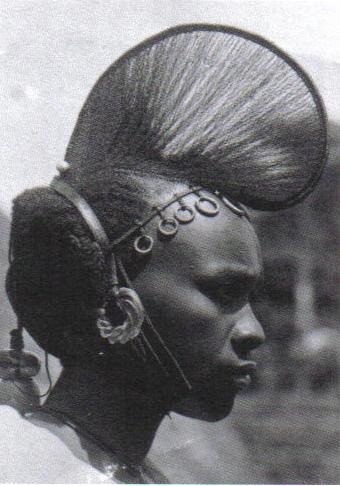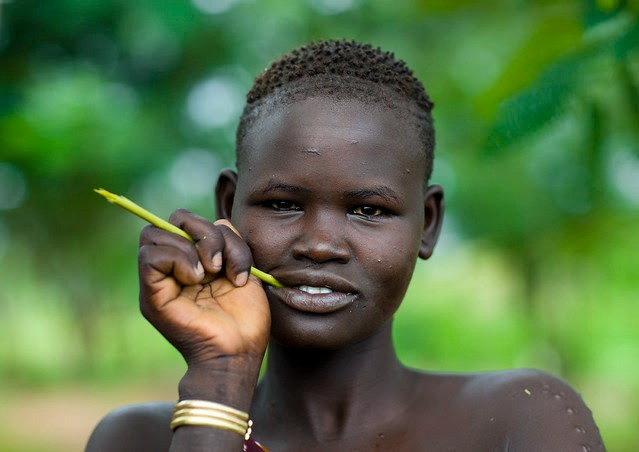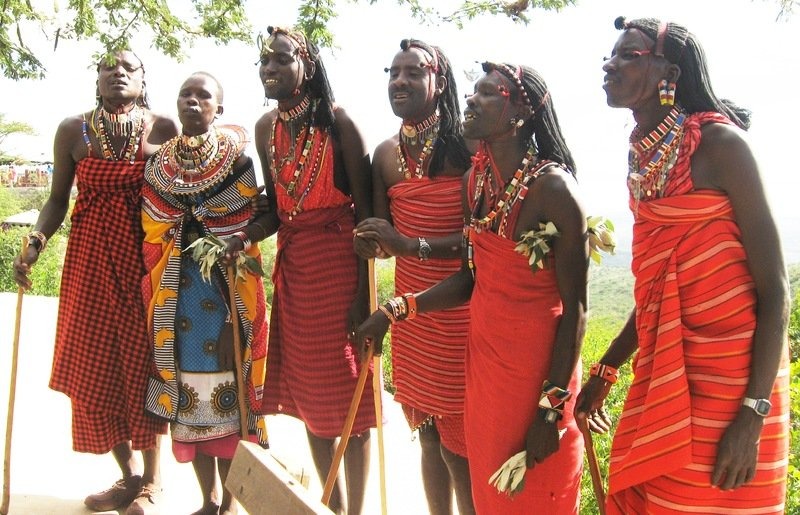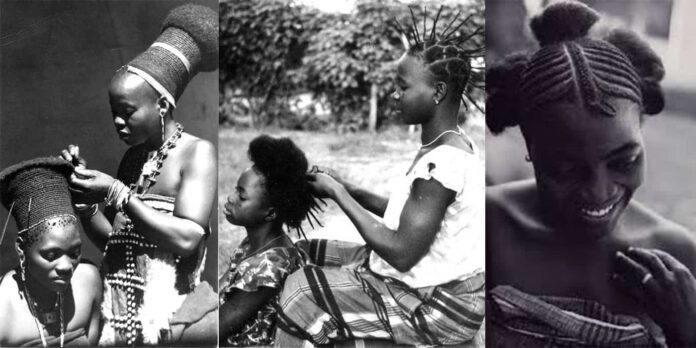The hair of Africans and Black people worldwide has long been a subject of multifaceted debates, ranging from political and social issues to aesthetic conversations. Recent incidents, such as the denial of school admission to teenage triplets in Ghana due to their hair, highlight an ongoing struggle faced by many.
To truly grasp the complexities of these matters, it is essential to delve into the historical role of hair in African cultures, where it transcended mere fashion to become a powerful medium of communication and spiritual connection.
Spiritual Connection:
Hair, in the ancient African context, transcended the realm of aesthetics; it carried a spiritual weight that connected individuals with the divine. Considered a sacred symbol, the careful crafting of hairstyles was not just about personal expression but a tangible link to the spiritual realm. It reflected a reverence for the sacred, weaving spirituality into the fabric of everyday life.

The Language of Hairstyles:
Across the expansive continent, hairstyles became a unique communicative tool, narrating a vivid story of identity and heritage. Diverse ethnic groups and communities had distinct hairstyles, each carrying specific meanings. Whether braids, twists, or elaborate patterns, these styles communicated a message decipherable by those versed in the cultural lexicon, fostering a deeper sense of community and understanding.
Social Status and Identity:
Hair became a canvas for reflecting social status and individual identity in many ancient African societies. Leaders, warriors, and elders often adopted distinctive styles to signify their roles and responsibilities. Moreover, specific hairstyles were reserved for significant rites of passage, marking pivotal transitions in an individual’s life journey.

Geographical and Cultural Signifiers:
The diversity of landscapes and cultures in Africa found expression in the multitude of hairstyles. How individuals wore their hair often served as a geographical and cultural identifier, allowing for the identification of people from different regions and communities. This intricate language of hair contributed to a sense of connection and mutual understanding.
Spiritual Protection and Symbolism:
Certain hairstyles were believed to possess protective qualities, acting as a shield against negative energies or malevolent spirits. The act of adorning hair with specific accessories or styling it in particular ways was seen as a spiritual defense mechanism, aligning individuals with the forces of good and fostering a sense of spiritual protection.

Ceremonial Transformations:
Far from being a routine, the process of styling hair was a ceremonial act in many ancient African cultures. Rituals surrounding hair preparation were imbued with spiritual significance, symbolizing transitions, initiations, and transformative moments in individuals’ life journeys. Hair became a conduit for spiritual growth and personal evolution.
In revisiting the profound connection between ancient Africans and their hair, we uncover a timeless legacy that extends beyond aesthetics to sacred significance.
Hairstyles were not just expressions of beauty; they were a language, a spiritual connection, and a cultural emblem that enriched the diverse tapestry of African heritage. The sacred symbolism associated with African hair continues to resonate, reminding us of the depth and resilience embedded in the continent’s cultural roots.

